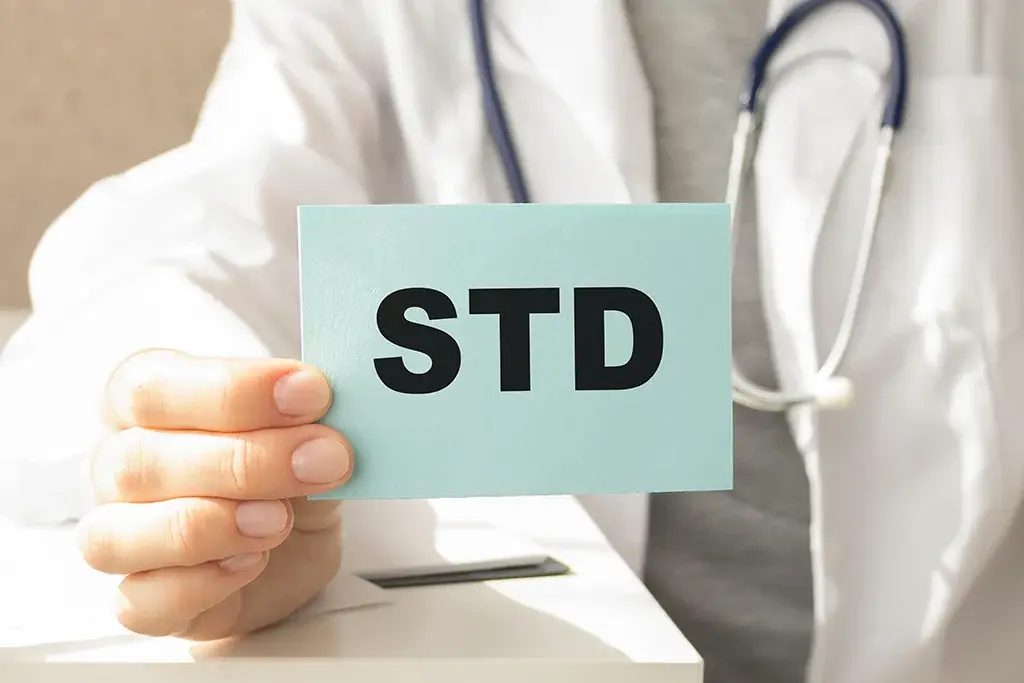Anemia: Causes, Symptoms, Diagnosis, Treatments. Anemia is a health condition which occurs when there isn’t enough healthy red blood cells in your system to efficiently carry oxygen throughout your body. Even though it’s a manageable condition that can be eased with simply adding iron into your diet, it does come with some potential complications, especially if you’re suffering from a rare type of anemia.
Different Types of Anemia
The most common type of anemia is iron-deficiency anemia, but there are other, more serious types that require different treatment techniques and lifestyle changes.
- Iron-deficiency anemia – caused by insufficient iron in your blood
- Aplastic anemia – occurs when your body stops producing new red blood cells
- Sickle cell anemia – caused by sickle cell disease which changes the shape of red blood cells. They start to resemble sickles or crescent moons which can become rigid and sticky, slowing down or blocking blood flow.
- Thalassemia – blood disorder that causes your body to have and produce less hemoglobin than normal levels. It’s usually hereditary.
- Vitamin-deficiency anemia (pernicious anemia) – caused by low levels of B12 and folate
- Anemia of inflammation – caused by certain chronic diseases such as HIV/AIDS, kidney disease, rheumatoid arthritis, or Chron’s disease
- Hemolytic anemia – anemia that occurs when your red blood cells are destroyed faster than bone marrow can replace them.
- Anemias associated with bone marrow disease – certain diseases such as leukemia and myelofibrosis can affect the production of the red blood cells in your bone marrow





